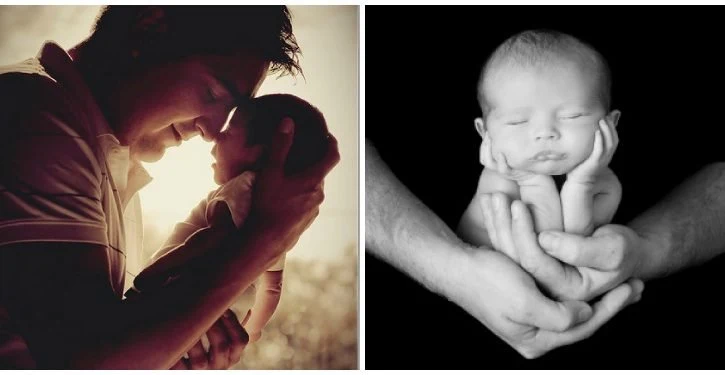Not everyone has the chance to grow up in a united family. This may seem insignificant for a child especially when the separation from the father is very early, but the fact remains that having an absent parent, especially a father, significantly affects a person as an adult . In France, the number of single-parent families continues to grow and many children grow up without the male presence of the father.
Nowadays, despite the importance of the mother's role in the education of the child, the paternal function is always attributed to many educational qualities. Its effective presence would allow the child to forge a strong character and greater self-confidence. Thus, the father plays an important role because he is not only a parent but also a protector who must also impose limits by demonstrating authority. He must inculcate moral principles and values to his children in order to hold them accountable.
How can the absence of the father be harmful for the child?
The absence of the father can cause a lack of reference points for the child and this deficiency is often conducive to psychological problems that vary from one child to another. Characteristic disorders such as instability, anger, aggression or anxiety are often synonymous with an absence of the role of the father who can act as stabilizer of the family. This absence of the father, added to a pregnant presence of the mother, would be at the origin of a large number of psychological disorders of the child and until adulthood.
Jed Diamond, founder of the Men Alive website which is a health program helping men to live in good conditions, treated on his site of a psychological subject having for object, the injury of the absent father. Diamond, who himself grew up without a father, says the injury does not cure and can affect a person until adulthood.
This injury can manifest as depression, anger or an inability to have a healthy relationship. Yet most of these people adapt to these situations and rarely associate their adult difficulties with childhood injuries. Large-scale studies conducted over the last twenty years have corroborated this thesis and have shown that negative experiences during childhood, including the absence of the father, whether because of a divorce, death or simply a distance can have a negative psychological effect on these people.
On the other hand, Diamond referred to researcher Matthew Lieberman (University of California) who announced the fundamental theory of the need for men to belong to a social group and form relationships, just as their need food and shelter. Also, when we experience the loss of a parent during our childhood, our ability to connect to a social group is damaged. Which creates a psychic imbalance in the individual.
The real key to a happy life is not to accumulate more money for oneself, but true happiness comes from love and sharing. This theory follows the teachings of several spiritual leaders like the Dalai Lama who argue that we have become a society that neglects the social importance of ties. That's why the father's injury is so widespread.
The absence of the bond with the father, sometimes leads him unknowingly to suffer from anxiety and depression, drug addiction and many other diseases. It is a buried, discreet wound that can devastate our brain silently.
What are the solutions to overcome the absence of the father?
The ideal according to researchers, is to reconnect the child from a young age to a world of men. It could be the grandfather, the uncle, or simply the father-in-law who could act as the surrogate father and male authority present in the home.
Just as a discussion about the absence of the father is indispensable, especially in adolescence since it is the period when the child forges his personality and builds his identity. The image of the father must in no way be altered so that the child does not project the same mourning into his interior. The child's entourage must find the most constructive way to make this absence tolerable and to give him good support throughout this period.


